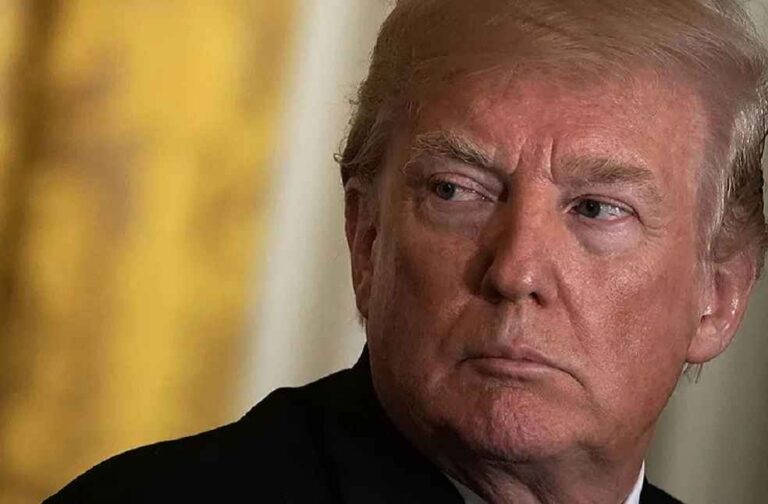Shares of major automakers fell on Tuesday following President-elect Donald Trump’s announcement of a 25% tariff on imports from Mexico and Canada. The proposed tariffs, set to take effect after his inauguration on January 20, would disrupt the global automotive industry, which relies heavily on low-cost production in Mexico and Canada since the North American Free Trade Agreement (NAFTA) began in 1994.
Industry Impact
The automotive sector accounts for 26% of U.S. imports from Mexico and 12% from Canada, according to UBS. Major automakers, including General Motors (GM) and Stellantis, produce vehicles and parts in these countries. GM’s highly profitable full-size pickup trucks and Stellantis’ production facilities in Mexico are particularly vulnerable.

On Tuesday, GM shares dropped 9% to $54.79, while Stellantis saw a 5.7% decline, closing at $12.61. Ford Motor, with less exposure to the region but still operating factories in both countries, fell 2.6% to $11.10. Stocks of Toyota, Honda, and other automakers with operations in Mexico also dipped, though by less than 3%.
Tariff Proposals
Trump’s plan involves an executive order imposing tariffs, signaling a departure from his earlier renegotiation of the United States-Mexico-Canada Agreement (USMCA), which replaced NAFTA. This aggressive move could terminate the regional free trade framework, further escalating tensions. Additionally, Trump proposed a 10% tariff on all imports from China and hinted at even steeper duties on Mexican and European vehicles.
Responses and Reactions
Automakers and their representatives, including spokespeople for GM and Stellantis, declined to comment on the announcement. Ford issued a statement emphasizing its commitment to U.S. production, highlighting that it assembles the most vehicles, employs the most American workers, and exports more vehicles than its competitors.

Analysts viewed the announcement as a strategic negotiation tool. BofA Securities analyst Carlos Capistran noted, “We expect Canada and Mexico to show willingness to negotiate on the above issues to avoid tariffs.” Barclays’ Dan Levy added that the threat likely mirrors tactics used during Trump’s first term and that such drastic tariffs are unlikely to materialize.
Potential Negotiation Outcomes
Trump’s tariff threats are seen as a way to extract favorable economic and political outcomes for the U.S. Wall Street analysts anticipate Canada and Mexico may offer concessions to avert the tariffs. Meanwhile, discussions around the trade deal are expected to address concerns about Chinese manufacturers and potential competition from companies like BYD.
TOP CARS | Cadillac Formula 1 Team Set to Debut in 2026 with GM Power Unit





